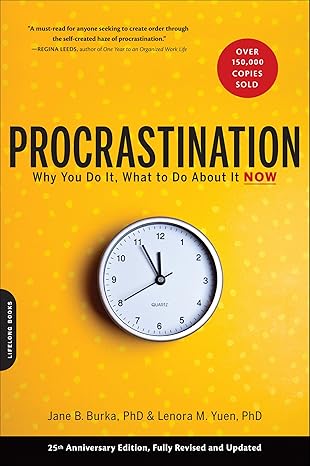
How to Get What You Want
From the author of ‘The Science of Getting Rich’, this book is all about success and its meaning.
Success is essentially the same, whether it results in the attainment of health, wealth, development or position; success is attainment, without regard to the things attained.
And it is a law in nature that like causes always produce like effects. Therefore, since success is the same in all cases, the cause of success must be the same in all cases.
BEST DEALS
About the Author
Wallace D. Wattles was an American author and pioneer of the New Thought movement, which emerged in the late 19th and early 20th centuries. He was born on September 5, 1860, in the United States, and little is known about his early life.
Wattles is best known for his influential self-help book titled "The Science of Getting Rich," which was published in 1910. In this book, Wattles outlined his philosophy on achieving wealth and success through a combination of positive thinking, visualization, and taking decisive action. He argued that by aligning one's thoughts and actions with the principles of abundance, individuals could manifest their desires and create the life they truly wanted.
"The Science of Getting Rich" became immensely popular and has since become a classic in the self-help genre. It has inspired countless individuals to pursue their dreams and aspirations with renewed confidence and determination.
Wattles also wrote several other books on topics related to personal development, including "The Science of Being Great" and "The Science of Being Well." These books explore similar themes of personal empowerment, spiritual growth, and the pursuit of excellence.
Although Wattles' writings were relatively obscure during his lifetime, they gained renewed attention in the 20th century with the resurgence of interest in New Thought philosophy and the law of attraction. His ideas continue to resonate with readers seeking practical guidance for achieving success and fulfillment in their lives. Wattles passed away in 1911, but his legacy lives on through his timeless teachings on the power of the human mind and the principles of abundance.












